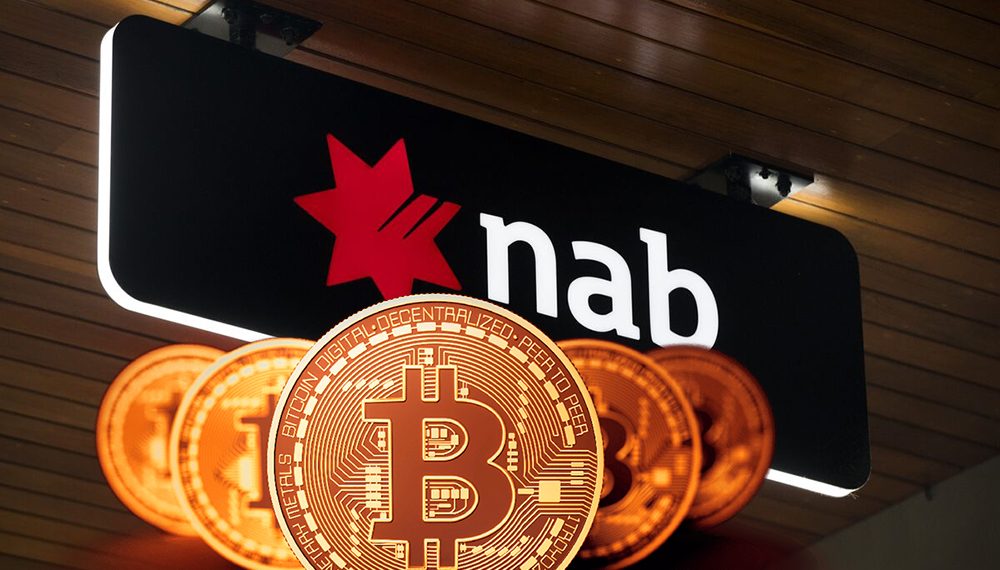To safeguard customers from fraud, NAB unveiled a series of measures on July 17 as part of its comprehensive bank-wide scam strategy. Alongside suspending millions of dollars in payments from March to July 2023, the bank will implement restrictions on certain crypto exchanges to shield customers from scams.
While NAB did not explicitly name the targeted exchanges, Chris Sheehan, NAB’s Executive for Group Investigations and Fraud, indicated that the blocks would impact high-risk platforms where scams are particularly prevalent. Sheehan explained that scammers, often part of organized transnational crime groups, have increasingly been utilizing cryptocurrency platforms to transfer stolen funds overseas quickly.
According to local reports, Sheehan hinted that NAB’s crypto blocks could affect the Binance crypto exchange. He emphasised that NAB’s approach would align with industry standards. Central Australian banks, such as Westpac and Commonwealth Bank, have reportedly blocked payments to Binance recently.
Sheehan clarified that NAB’s decision to block payments to multiple crypto exchanges is consistent with broader industry efforts to combat scam-related crypto transactions. He stated that the bank’s insights have shown that these measures have positively impacted reducing scams. NAB is currently undertaking or has completed around 60 projects to minimise the impact of scams and fraud. However, the bank declined to disclose the specific exchanges that have been blocked.
In its announcement, NAB reiterated the prevailing narrative among local banks, claiming that nearly 50% of reported scam funds in Australia are connected to cryptocurrencies. The bank’s statement also highlighted that cryptocurrency scams represent one of the fastest-growing security threats, with Australians losing over $221 million last year. Additionally, NAB argued that 40% of Australians are “highly willing” to accept slower payments if it means better protection against scammers.












